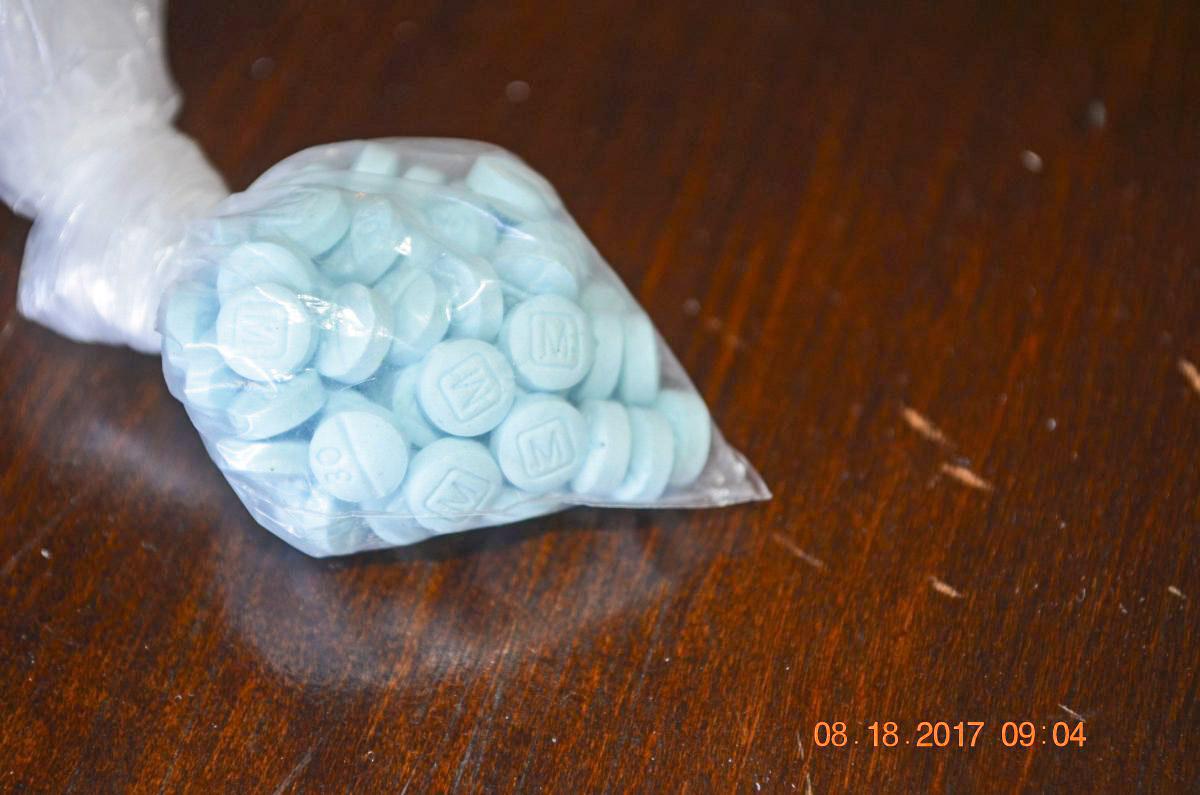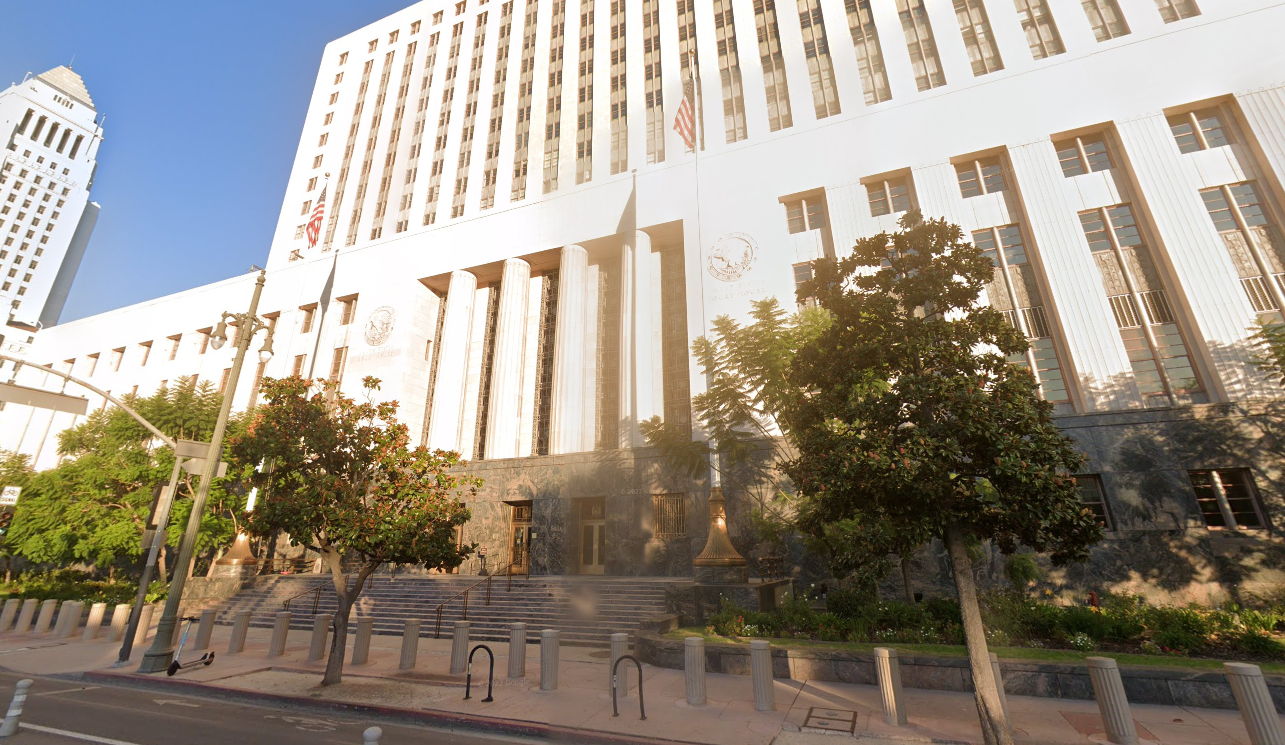Two California men were sentenced Jan. 13 to federal prison after prosecutors say they supplied fentanyl-laced pills to a drug trafficking ring that sold them to more than 1,000 people on the dark web.
Adan Ruiz, 27, of Garden Grove, was sentenced by the U.S. District Judge David Carter in Los Angeles to 17 years and 11 months in federal prison Monday.
Carter also sentenced Omar Navia, 39, of South Los Angeles to 15 years in federal prison.
The judge called the case “the most sophisticated fentanyl distribution ring that this court has seen,” according to the U.S. District Attorney’s Office in California’s Central District.
Both defendants have been in federal custody since November 2023.
Navia pleaded guilty on April 29 to one count of conspiracy to distribute controlled substances.
Ruiz pleaded guilty on June 3 to one count of conspiracy to distribute controlled substances and one count of selling fentanyl.
Both pleaded guilty in plea agreements.
Federal prosecutors say from August 2021 to December 2022, the two defendants supplied fentanyl-laced pills to Michael Ta, 26, of Westminster, California, and Rajiv Srinivasan, 38, of Houston.
The two buyers allegedly used the dark net—a hidden part of the internet that’s only accessible with special software—and encrypted messaging applications to sell more than 120,000 pills and other drugs to more than 1,000 customers across the United States.
The pills caused several fatal overdoses, according to the U.S. Attorney’s Office.
Navia admitted to also supplying methamphetamine to Ta and Srinivasan, according to federal prosecutors.

Fentanyl-laced sky blue pills known on the street as "Mexican oxy" in a file photo. (Drug Enforcement Administration via AP)
Srinivasan was also accused of operating an account called “redlightlabs” on multiple dark net marketplaces, including the site “Dark0de.” Srinivasan and Ta also allegedly used the account to advertise and sell counterfeit M30 oxycodone pills containing fentanyl and other illegal drugs, according to the U.S. Attorney’s Office.
Prosecutors alleged Srinivasan also used encrypted messaging app Wickr to communicate with and sell drugs to customers. He allegedly received virtual currency as payment for the drugs and then routed that payment through cryptocurrency exchanges.
Ta allegedly relayed drug orders to Srinivasan and obtained the fentanyl-laced pills and methamphetamine from supply sources. He also allegedly stored the drugs in his home and mailed out packages with the pills to customers who ordered them using the “redlightlabs” account.
Ta and Srinivasan pleaded guilty under plea agreements to causing the deaths of three people who consumed the pills. Both defendants also admitted to selling fentanyl-laced pills to two other victims, both of whom suffered fatal drug overdoses after they received the pills from the defendants.
Prosecutors say Srinivasan and Ta made at least 3,800 drug deals from February 2022 to November 2022.
The two allegedly sold the pills and drugs to about 1,400 customers in all 50 U.S. states. They sold more than 123,000 fentanyl-laced M30 pills, more than 20 pounds of methamphetamine, nearly 300 grams of “China white” fentanyl powder and black tar heroin, and 27 grams of cocaine, according to the U.S. Attorney’s Office.
Ta also pleaded guilty in August 2023 to one count of conspiracy to distribute controlled substances and is already serving a 21-year, eight-month federal prison sentence.
Srinivasan pleaded guilty in June 2023 to the same charge and one count of distributing fentanyl resulting in death and is serving a federal prison sentence of 19 years and seven months.
Correction: An earlier version of this article misspelled Adan Ruiz’s name. The Epoch Times regrets the error.














